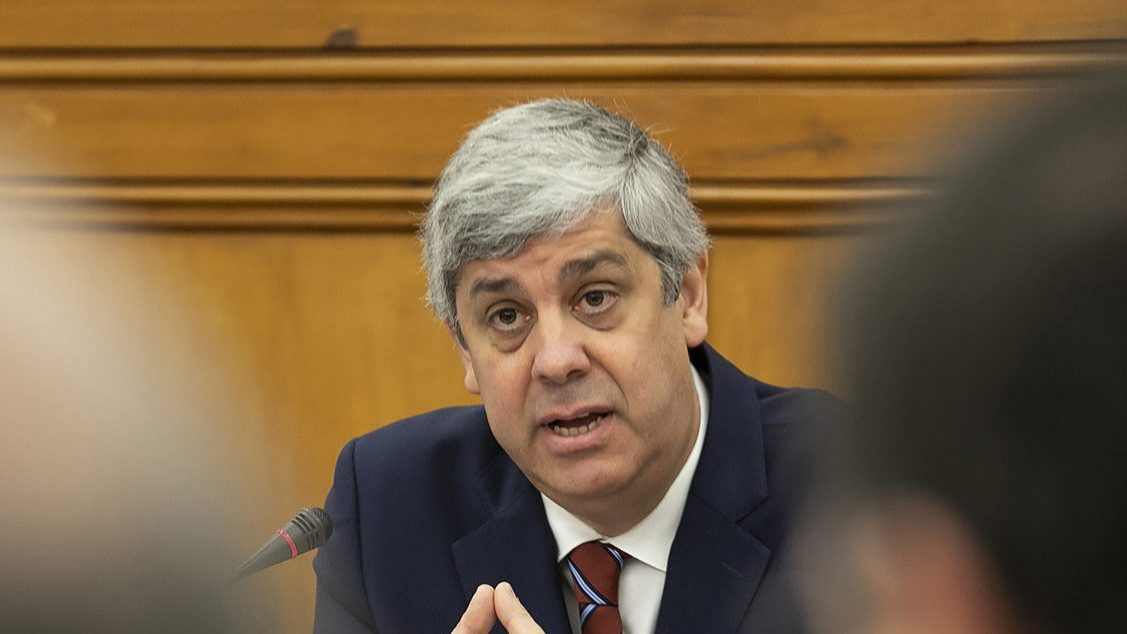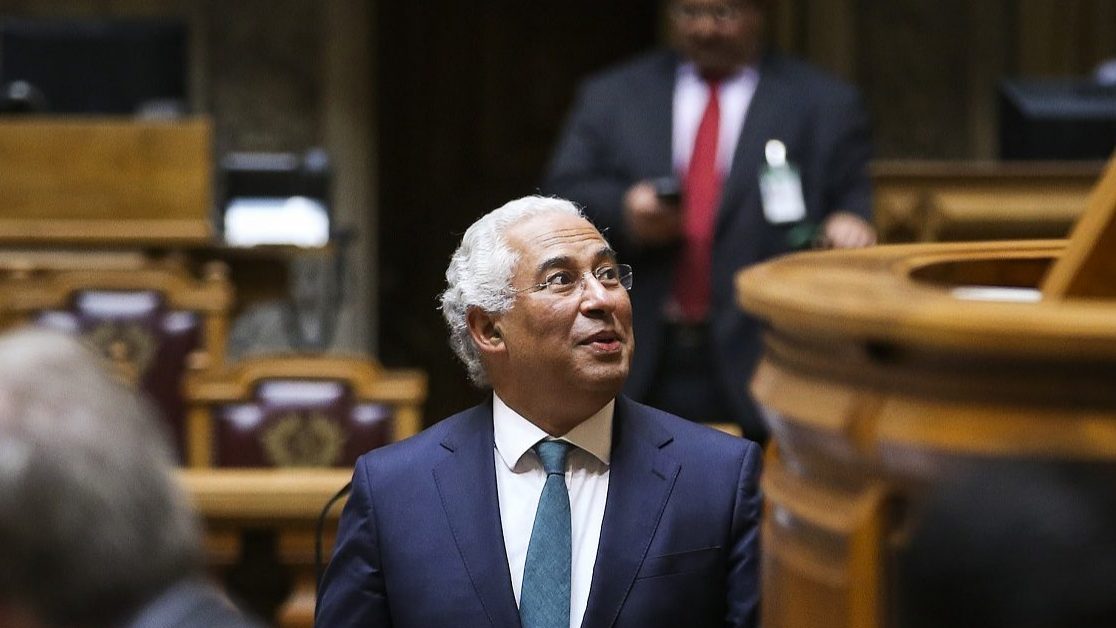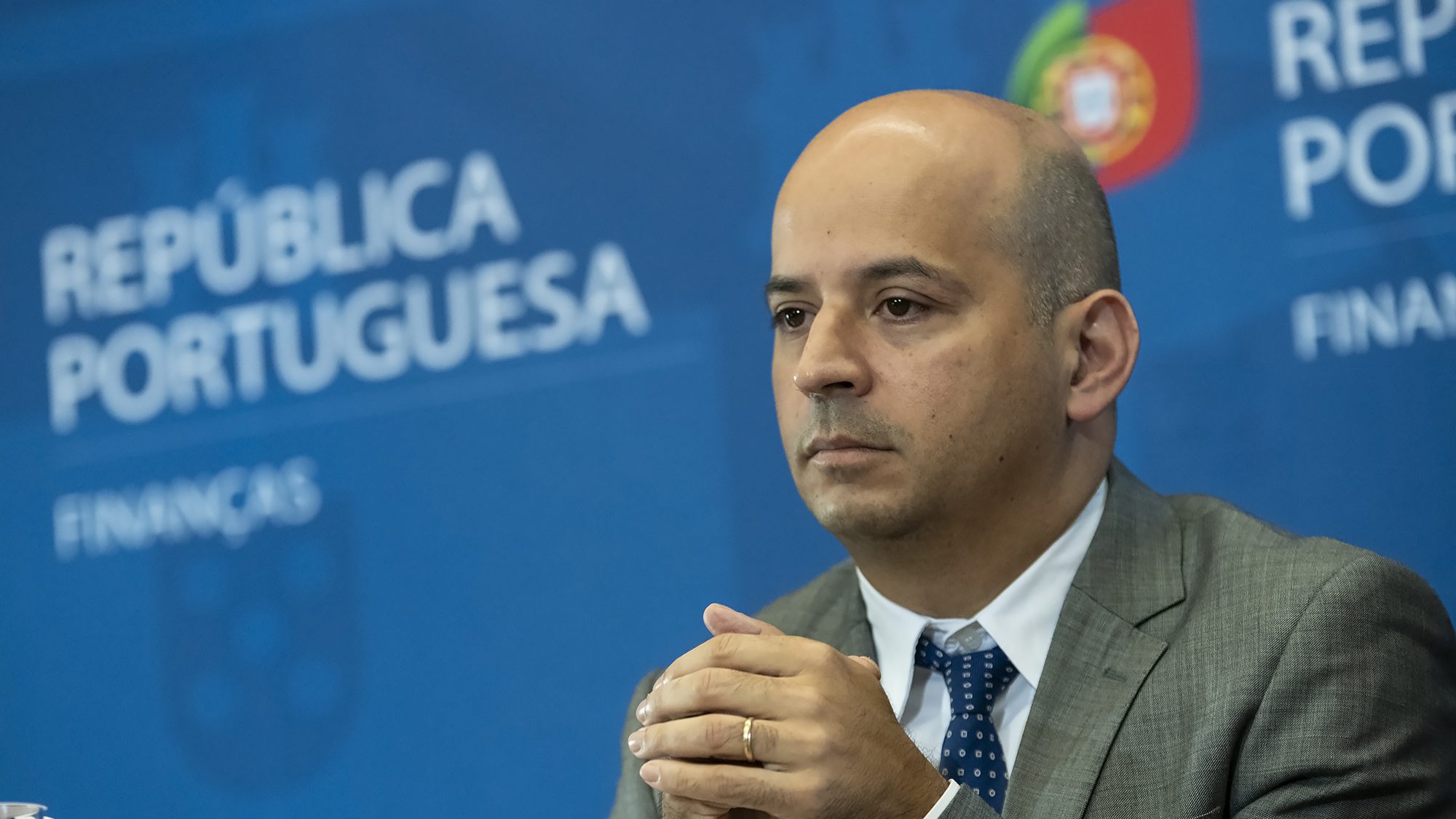PM says he can’t govern under cloud of suspicion about public money
The prime minister said that he is unavailable to govern with suspicions about the use of public money.
Portugal’s prime minister, António Costa, on Tuesday said that he is unavailable to govern with suspicions about the use of public money and said that he is the first interested party in a parliament procurement law that gives guarantees of trust.
Asked about the possibility that the government’s law on public procurement, which is under discussion in parliament, could facilitate phenomena such as corruption, the leader of the executive reacted immediately.
“I have had years of political life to reach this stage of life and there is no kind of suspicion. So I am not available for that. I hope that the parliament will use a framework that pleases everyone, starting with those responsible for public spending, regarding the security and tranquillity of the use of public money,” he replied.
The prime minister noted that he has already heard such extraordinary things that Portugal would be better off not having access to European money to avoid the risk of misusing it.
“We have to combine maximum transparency and minimum bureaucracy to be as efficient as possible,” he said.
Costa pointed out that the current code in force was approved right in the first year of his first government.
“After four years of experience, having heard the criticisms that the current code has raised, we have tried to lighten some excessive bureaucracy so that public investment can be better executed. I have heard a lot of criticism for the low level of public investment. And everyone knows that one of the causes of the low level of public investment is the enormous bureaucracy associated with the current public contracting process,” he said.
António Costa also left a message to the members about the appreciation of the law.
“Considering the government’s proposal and the opinions received, I have every confidence that parliament will be able to approve a law that eliminates unnecessary bureaucracy and preserves the indispensable controls to provide guarantees that public money is well managed,” he added.


